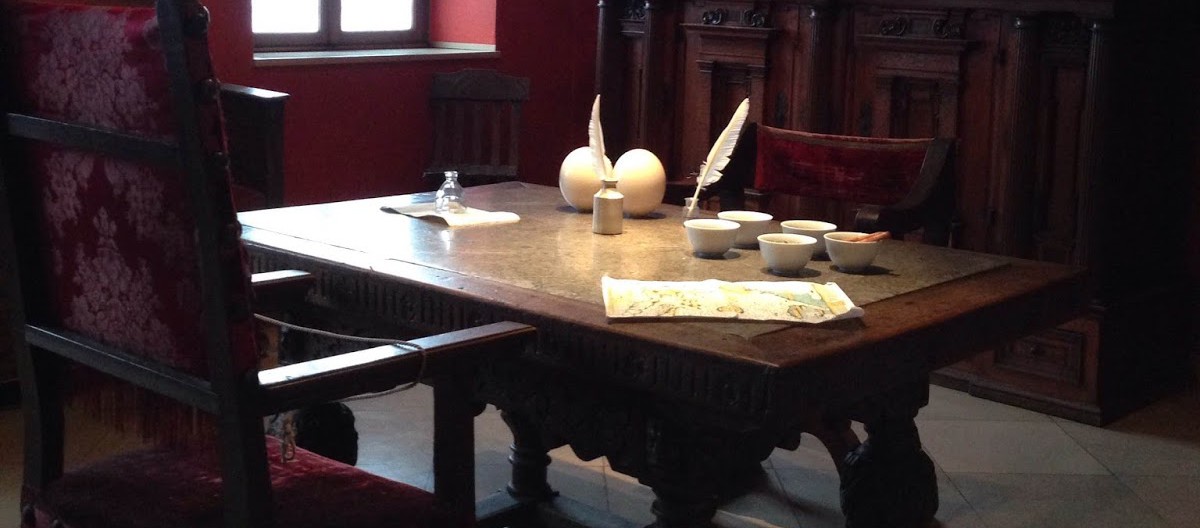
Author’s new book receives a warm literary welcome.
Readers’ Favorite announces the review of the Fiction – Historical – Personage book “The Soldier’s Return” by Laura Libricz, currently available for Kindle and in paperback at http://www.amazon.com/gp/product/0999146017.
Readers’ Favorite is one of the largest book review and award contest sites on the Internet. They have earned the respect of renowned publishers like Random House, Simon & Schuster, and Harper Collins, and have received the “Best Websites for Authors” and “Honoring Excellence” awards from the Association of Independent Authors. They are also fully accredited by the BBB (A+ rating), which is a rarity among Book Review and Book Award Contest companies.

Reviewed By Arya Fomonyuy for Readers’ Favorite:
After ten years, a young Dutchman, Pieter van Diemen, is returning to Amsterdam in chains, after being captured and imprisoned in the Spice Islands. But he can’t stay in Amsterdam. After his escape, the only place he hopes to find solace is Sichardtshof, a farm in Franconia, Germany. But after being away for ten years, will it still be the same and will he still find the hospitality and warmth of the patrician, Herr Tucher, and his maid, Katarina? Follow the protagonist during a period of turbulence, of conflict between Catholics and Protestants. It is against this backdrop that Pieter navigates through deadly traps and dangerous terrain to find refuge, but can he? The Soldier’s Return by Laura Libricz is a powerful historical novel with a strong setting and memorable characters.
The language is what first caught my attention: it is beautiful, at times poetic, and it unveils elements of the religious, historical, and cultural settings in intelligent and relevant ways. Apart from writing a gripping story, Laura Libricz has taken readers on a historic ride to relive the religious conflicts of the seventeen century, weaving into her narrative great social, religious, and political commentaries. I enjoyed the descriptive style of the narrative, the well-written dialogues, and the surprises and twists in the plot. The tone is unique and compelling, the conflict huge and masterfully handled. It is no wonder that The Soldier’s Return will appeal immensely to fans of historical novels with great settings and compelling characters.



 What did I like about this book? Easy: its authenticity.
What did I like about this book? Easy: its authenticity. 



 century during the Thirty Years War. These are the novels I have always wanted to read. Written in English and taking the German viewpoint of the war, the story is told by a young maid, a patrician, a Jesuit priest and a young Dutchman.
century during the Thirty Years War. These are the novels I have always wanted to read. Written in English and taking the German viewpoint of the war, the story is told by a young maid, a patrician, a Jesuit priest and a young Dutchman. 


 In 2015, Blue Heron Book Works published a collections of blog posts, journal entries, and other writing forms from writers across the nation. Bathseba Monk, the intrepid and visionary editor of Blue Heron Book Works, and her editor Mary Lawlor, put together a book of American voices as varied as the landscape between our coastlines.
In 2015, Blue Heron Book Works published a collections of blog posts, journal entries, and other writing forms from writers across the nation. Bathseba Monk, the intrepid and visionary editor of Blue Heron Book Works, and her editor Mary Lawlor, put together a book of American voices as varied as the landscape between our coastlines.


